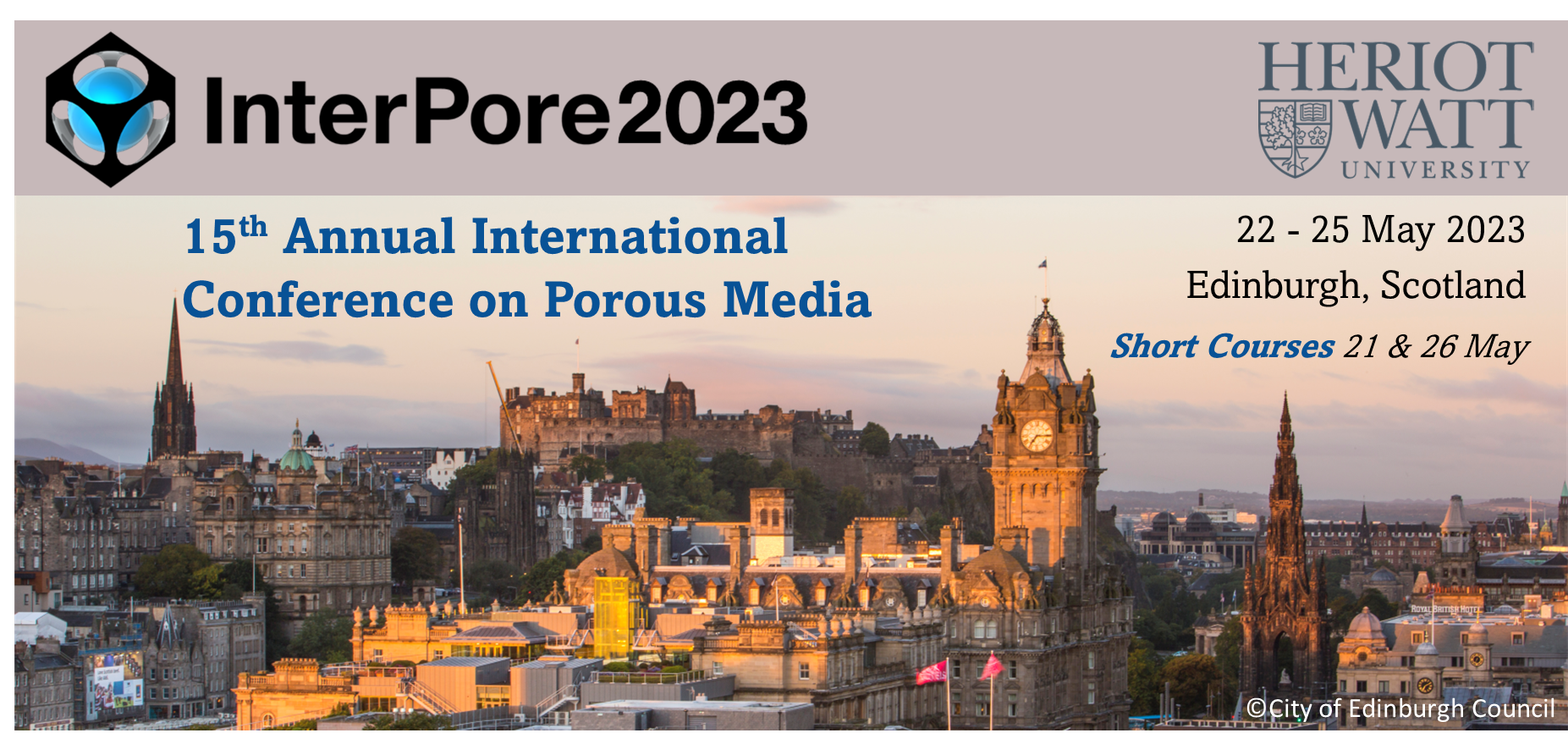Speaker
Description
Carbon capture and storage (CCS) is a key technology to reduce CO2 emissions and reach long term climate goals, aiming to limit the temperature rise to 1.5 ◦C above pre-industrial levels. CCS consists of capturing CO2 from large industrial processes or from burning fossil fuels in power generation. The captured CO2 is thereafter transported via pipelines or ships and stored in appropriate geological formations, such as depleted oil and gas reservoirs, unminable coal beds, and deep saline aquifers [1]. The existence of infrastructure, the wealth of reservoir data, and revenue from incremental oil recovery make depleted oil and gas reservoirs the best option for underground CO2 storage [2]. Carbonate reservoirs may be candidates for CO2 sequestration through CO2-EOR since those reservoirs hold more than 50% of the known petroleum reserves worldwide [3]. The main issue with CO2 injection into carbonate reservoirs is the formation of carbonic acid that ionizes to form hydrogen ions and bicarbonate ions. This weak acidic environment could alter the performance of carbonate CO2 storage reservoirs due to dissolution processes that lead to the formation of highly porous and conductive wormholes [4].
Long-term CO2 sequestration in carbonate reservoirs requires comprehensive assessments of CO2-reservoir fluid-mineral interactions. However, this is not an easy task due to the complexity of the reservoir
fluid and rock-forming minerals. In the present work, the interfacial-phenomena at rock-aqueous interface during CO2 injection in carbonate rocks is evaluated by a highly sensitive microcalorimetry technique called that is Isothermal titration calorimetry (ITC). Cobos et al. [5] reported that accurate adsorption enthalpy values for complex rock-fluid systems can be obtained by microcalorimetry. In the ITC experiments, 100 mg of Edwards limestone powder (< 100 μg) was placed in a reaction vessel and 200μL of North Sea formation brine (NFB) was added to the particles. The titration ampule containing the rock-brine slurry was lowered step by step into the calorimeter and equilibrated for 1 hour at 40 ◦C. Seven injections of 9.948 μL of 3.5 wt% NaCl brine saturated with CO2 (BCO2) were injected independently into the limestone+NFB system with an interval time of 420 seconds between injections. Fluid-fluid experiments consisted in injecting BCO2 into NFB. Baseline rock-fluid-fluid and fluid-fluid tests were performed similarly but without CO2.
This work shows that dynamic rock−fluid and fluid−fluid interactions take place upon CO2 injection into carbonate rocks due to composition variation “waves” that alters the equilibrium in the system. The results from the Isothermal Titration Calorimetry (ITC) indicate that the dissolution process due to the formation of a weak acidic environment is driven by entropy. This dissolution process is unfavorable with respect to enthalpy change but thermodynamically favorable with respect to entropy change (increment of cations and hydrogen carbonate in the brine). A large perturbation in the water-water network was observed when BCO2 was injected into the reservoir fluid. This alteration is a result of the salinity difference and also the presence of CO2 in the injection fluid.
References
[1] Centre for Science and Environment, IPCC Special Report on Global Warming of 1.5 ◦C: Assessment and Recommendations,
(2018)
[2] M. Mohadeseh and A. Mehdi , CO2 sequestration using carbonated water injection in depleted naturally fractured
reservoirs: A simulation study, International Journal of Greenhouse Gas Control, 93,(2020)
[3] M. Sohal, G. Thyne, E. Søgaard, Review of Recovery Mechanisms of Ionically Modified Waterflood in Carbonate
Reservoirs, Energy & Fuels, 30, 1904-1914, (2016)
[4] Y. Hao and M.M. Smith and S.A. Carroll , Multiscale modeling of CO2-induced carbonate dissolution: From core to
meter scale, International Journal of Greenhouse Gas Control, 88,(2019)
[5] J. Cobos, P. Westh, E. Søgaard, Isothermal Titration Calorimetry Study of Brine−Oil−Rock Interactions, Energy &
Fuels, 32, 7338-7346, (2018)
| Participation | In-Person |
|---|---|
| Country | Norway |
| Energy Transition Focused Abstracts | This abstract is related to Energy Transition |
| MDPI Energies Student Poster Award | No, do not submit my presenation for the student posters award. |
| Acceptance of the Terms & Conditions | Click here to agree |







